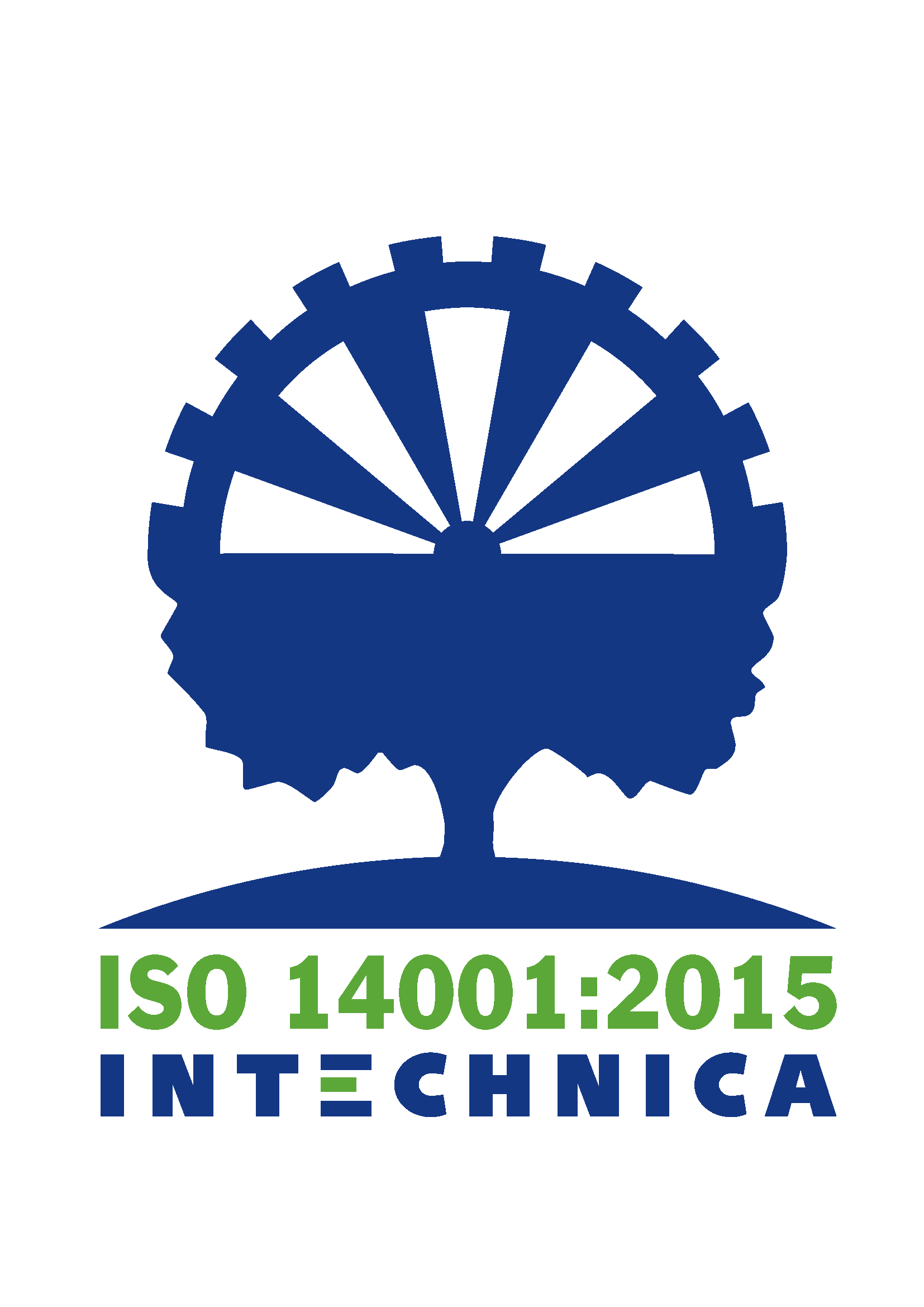Springs are an indispensable element in technology and play a decisive role in many technical applications. Whether in vehicles, machines or other devices, springs are responsible for enabling movement, damping vibrations and carrying loads. In this article you will learn more about why springs are the optimal solution for technical applications.
Flexibility and elasticity
A major advantage of springs is their flexibility and elasticity. Thanks to their special design, springs can absorb pressure or tensile forces and store them in the form of elastic deformation. This allows them to cushion movements and absorb shock loads. This is particularly important in dynamic applications where fast movements occur or vibrations need to be damped.
Wide range of applications
The possible uses of springs in technical applications are extremely diverse. Whether in the chassis of vehicles, in industrial machines or in electronic devices, springs are used in almost all areas. Their function can be very different. In chassis, for example, they ensure comfortable suspension and compensate for bumps in the road. In machines, they can absorb compressive forces and reduce vibrations. In electronic devices, they are often used as connecting elements or for the construction of safety mechanisms.
Material selection and construction
The choice of the right material and the right design are crucial for the optimum functionality of springs in technical applications. Depending on the requirements and area of application, different materials are used, such as steel, stainless steel or plastics. The choice of material depends on factors such as load-bearing capacity, corrosion resistance and temperature resistance. The design of the spring in turn influences its properties, such as the spring constant or the spring travel. The desired function of the spring in the technical application can be guaranteed through optimum material selection and design.
Maintenance and service life
The maintenance and service life of springs in technical applications are also important aspects to consider. Regular inspection and maintenance of the springs ensures that they function perfectly and extends their service life. Springs can lose elasticity or even break over time due to wear or material fatigue. Early detection of such damage can prevent costly repairs or breakdowns. It is therefore advisable to check the springs regularly and replace them if necessary.
Overall, springs are the ideal solution for technical applications, as they offer a high degree of flexibility and elasticity, can be used in a variety of ways and can fulfill their desired function thanks to the right choice of material and design. Regular maintenance and inspection of the springs is important in order to extend their service life and detect possible damage at an early stage.









Leave A Comment